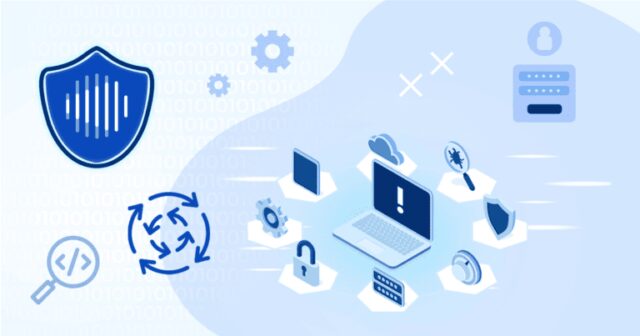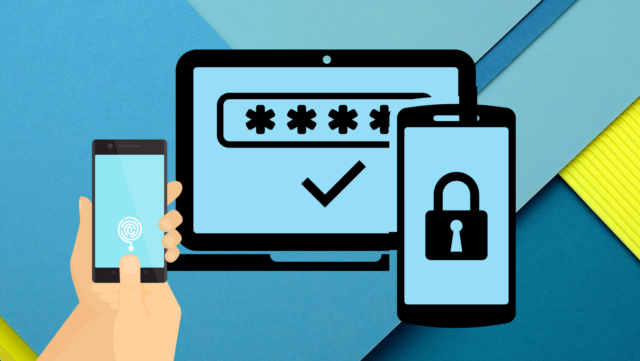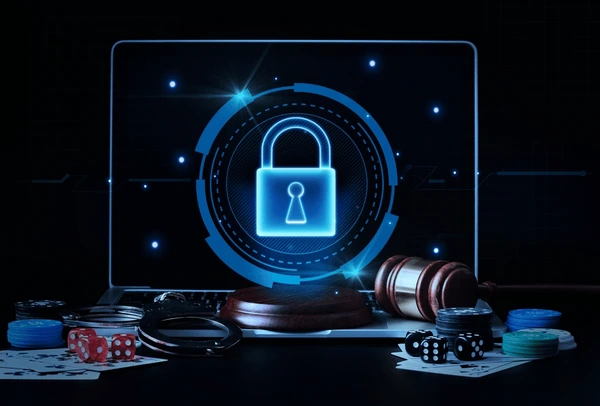
Online applications face growing cyber threats, requiring advanced security systems to ensure safety.Cyber threats have become increasingly sophisticated, making it imperative for businesses and developers to implement robust security measures. With ever-evolving attack methods, prioritizing security ensures seamless operation and user confidence.
Key Points:
- Encryption ensures safe data transmission by converting it into unreadable formats.
- Multi-Factor Authentication adds extra identity verification for users.
- Web Application Firewalls block malicious traffic targeting vulnerabilities.
- Secure payment gateways with encryption safeguard financial transactions.
- Routine security testing detects vulnerabilities and applies necessary patches.
- Online casinos implement specialized measures like RNGs, MFA, and encrypted payments to ensure fairness and data protection.
Critical Security Measures for Online Platforms
Data Encryption
Encryption is a fundamental security practice that ensures data is converted into a format unreadable by unauthorized parties. Secure Socket Layer (SSL) and Transport Layer Security (TLS) encryption protocols protect data in transit between users and servers, preventing interception by cybercriminals.
Multi-Factor Authentication (MFA)

Multi-Factor Authentication (MFA) adds an extra layer of security by requiring users to verify their identity through multiple methods, such as passwords, biometrics, or one-time codes sent to their devices. This significantly reduces the risk of unauthorized access, even if login credentials are compromised.
Web Application Firewalls (WAFs)
A Web Application Firewall (WAF) acts as a protective shield between a web application and incoming internet traffic. It helps filter and block malicious activities such as SQL injection, cross-site scripting (XSS), and Distributed Denial of Service (DDoS) attacks.
Secure payment systems
For applications that handle financial transactions, integrating secure payment gateways with encryption and fraud detection mechanisms is essential. Technologies such as tokenization replace sensitive card details with unique identifiers, ensuring financial security.
Routine Security Testing to Prevent Breaches
Routine security audits and penetration testing help identify vulnerabilities before they can be exploited. Developers use automated security scanning tools and ethical hacking techniques to assess application security and apply necessary patches.
Security in Online Casinos: A Special Focus

Online casinos must prioritize security to protect user data, ensure fair gaming, and maintain compliance with regulatory standards. Several measures are commonly implemented to achieve these objectives:
Licensing and Regulatory Compliance
Legitimate casinos obtain licenses from recognized authorities. Regulatory standards enforce:
- Fair gameplay policies that ensure players can trust the games are unbiased and not manipulated.
- Responsible gambling measures aimed at promoting healthy gambling habits among users.
- Strict user data protection protocols to maintain user confidentiality and security.
Random Number Generators (RNGs) for fair play

To ensure fair gameplay, online casinos use Random Number Generators (RNGs) that produce unpredictable and unbiased results. This technology guarantees that game outcomes are not manipulated and that all players have an equal chance of winning.
Advanced User Authentication
Casinos implement secure account access methods:
- MFA for additional identity verification ensures that even if a password is stolen, unauthorized access is prevented.
- Biometric authentication, such as fingerprint or facial recognition, adds another layer of personalized security.
Encrypted transactions and payment security
Online casinos use encrypted payment gateways to protect financial transactions. Players can safely deposit and withdraw funds using secure methods, such as credit cards, e-wallets and cryptocurrencies, all protected by encryption protocols.
Data Protection and privacy policies
Strict data protection policies ensure that user information remains confidential. Compliance with data protection regulations like the General Data Protection Regulation (GDPR) ensures that user data is not misused or exposed to third parties.
Responsible Gambling Tools
Casinos promote safe gambling with user-friendly tools:
- Deposit limits to prevent overspending and help users stay within their financial means.
- Self-exclusion options allow users to take a break or limit access to their accounts if they feel their gambling habits are becoming problematic.
- Real-time monitoring to identify problematic behaviors, enabling platforms to offer timely support and interventions to affected users.
Security in Casino Games
Security measures extend beyond platform-level protections into the games themselves. Modern games integrate cutting-edge technologies to maintain fairness and protect user data.
Examples of Secure Gaming Systems:
- Slot games powered by advanced encryption and RNG technology ensure:
- Transparent gameplay outcomes.
- Protection against tampering or cheating.
- Providers like Playtech, Microgaming, and NetEnt employ these technologies to offer secure gaming experiences, setting a standard for fairness and reliability in the industry.
- For example, NetBet slots leverage RNG technology and encryption to provide users with a secure and fair gaming environment. Their integration of advanced security measures ensures that players can trust the integrity of the games while enjoying a seamless experience.
Cutting-Edge Cybersecurity Measures Protecting Online Casino Platforms

The online casino industry has rapidly evolved its security systems to combat the growing sophistication of cyber threats. Here’s how:
- Artificial Intelligence Systems: AI enhances security by monitoring real-time user activity. It flags unusual behavior patterns, preventing fraudulent activities and account takeovers.
- Blockchain Technology: Online casinos use blockchain to secure financial transactions. Transparent and tamper-proof records ensure both player funds and casino data remain protected.
- Behavioral Analytics Tools: These tools analyze user actions to detect anomalies, such as rapid bet placements or account access from unusual locations, ensuring breaches are identified early.
Comprehensive Cybersecurity Checklist for Online Platforms
To safeguard data and prevent breaches, platforms must adopt best practices. Key measures include:
- Regular Software Updates: Keeping all systems current prevents exploitation of known vulnerabilities.
- Strict Access Control Policies: Role-based access limits exposure to internal threats by granting employees only the permissions they need.
- Data Backup Protocols: Scheduled backups ensure critical information is safe and can be quickly restored in case of cyberattacks or system failures.
- Incident Response Planning: A detailed action plan minimizes downtime by outlining precise steps to address and contain security breaches.
Game-Changing Payment Security Innovations
Financial transactions in online casinos have become safer due to advanced payment methods. Some groundbreaking measures include:
- Biometric Verification: Payments verified through fingerprints or facial scans add a personalized and highly secure authentication layer.
- Dynamic CVV Technology: Cards with codes that update automatically lower the risk of stolen card data being misused.
- Crypto Transactions: Cryptocurrencies, backed by blockchain, offer unparalleled security and anonymity, appealing to players seeking secure financial interactions.
Conclusion
Security is the foundation of trust in online applications. Advanced measures, such as encryption, MFA, WAFs, and routine audits, are vital for protecting platforms from ever-evolving threats. Online casinos, in particular, rely on strict regulatory compliance, RNGs, and secure payment systems to safeguard users and ensure fair play.
By prioritizing security, businesses can create a safe digital environment where users feel confident. Whether through cutting-edge technology or regulatory adherence, maintaining strong security practices builds long-term trust and credibility.













